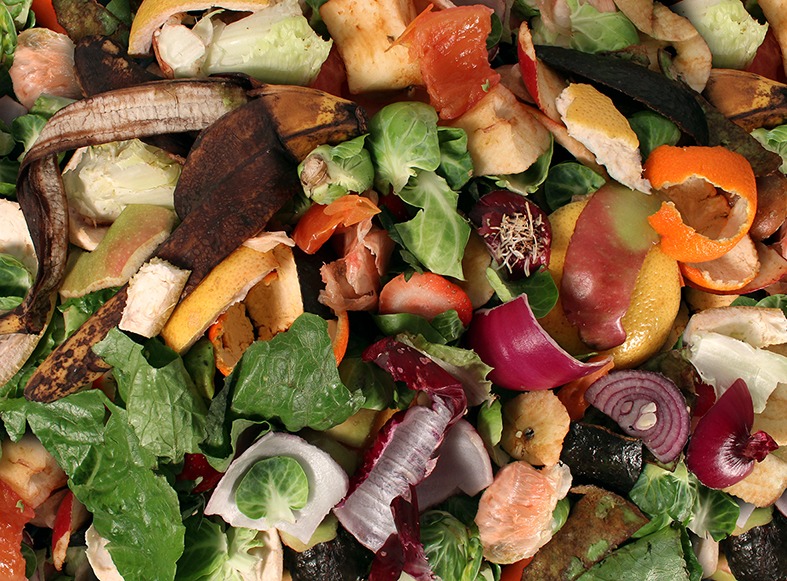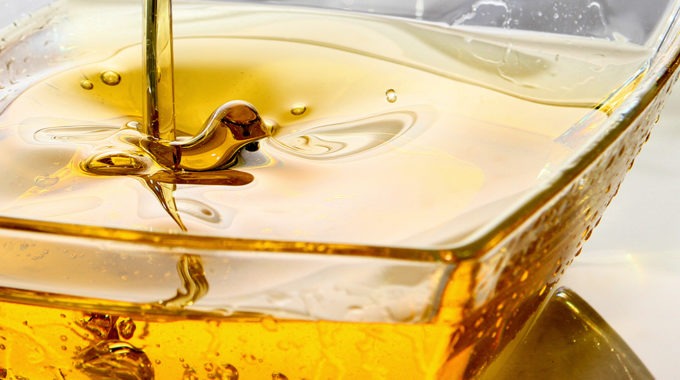The catalyst to fuel a circular economy
Researchers have developed a powerful, low-cost method for recycling used cooking oil and agricultural waste into biodiesel, and turning food scraps into high-value products.
The method harnesses a new type of ultra-efficient catalyst that can make low-carbon biodiesel and other useful products out of a range of impure raw materials.
Waste cooking oil currently has to go through an energy-intensive cleaning process to be used in biodiesel, because commercial production methods can only handle pure materials containing around one to two percent contaminants.
This new catalyst is so tough, it can make biodiesel from low-grade materials that contain up to 50 percent contaminants. It’s also so efficient it could double the productivity of manufacturing processes for transforming rubbish like food scraps into high-value chemical precursors used to make anything from medicine to biodegradable packaging.

The catalyst comes from an international team led by RMIT University. Co-lead investigator Professor Adam Lee says conventional catalyst tech depended on high purity materials and required expensive engineering solutions to compensate for their poor efficiency.
“Modern life is dependent on complex molecules to maintain health and provide nutritious food, clean water and cheap energy,” he says. “These molecules are currently produced through unsustainable chemical processes that pollute the air, soil and waterways.
“Our new catalyst can help get the full value of resources that ordinarily go to waste – from used cooking oil to rice husks and vegetable peelings – to advance the circular economy.”

The catalysts are cheap to make and require little equipment. The low-tech, low-cost approach could advance biofuel production, reducing reliance on fossil fuel-derived diesel.
“If we could empower farmers to produce biodiesel from agricultural waste like rice bran, cashew nut and castor seed shells, on their own land, this would help address the issues of energy poverty and carbon emissions,” says co-lead investigator Professor Karen Wilson.
While the new catalysts can be used immediately for biodiesel production, with further development they could be easily tailored to produce jet fuel from agricultural and forestry waste, old rubber tyres and even algae.









